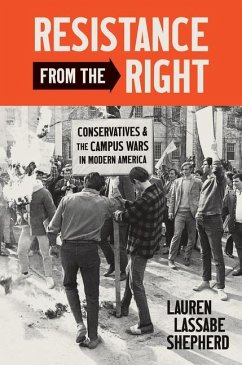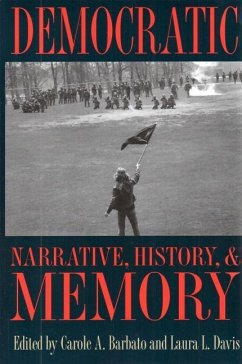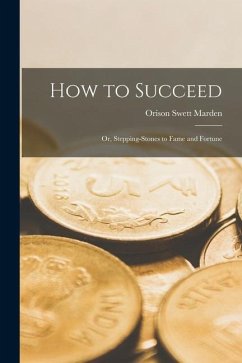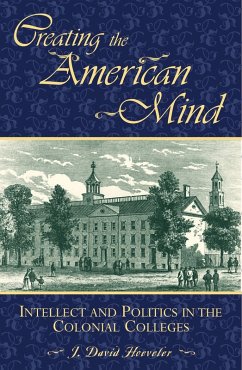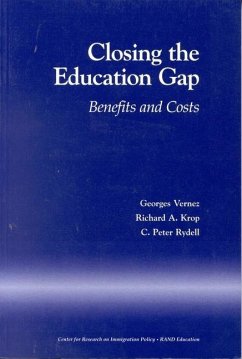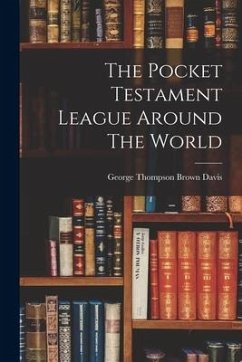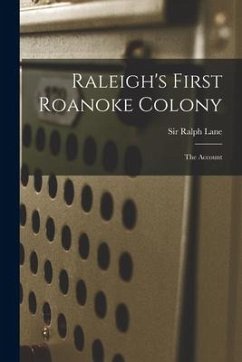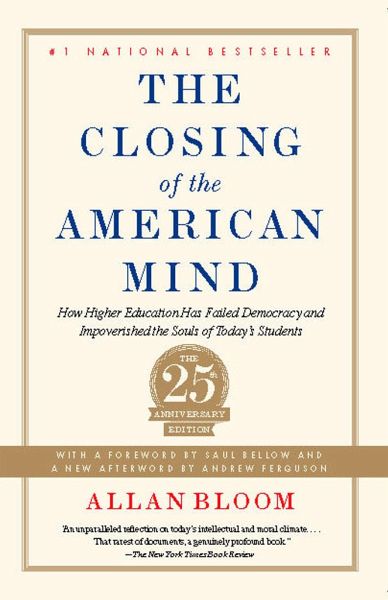
The Closing of the American Mind
How Higher Education Has Failed Democracy and Impoverished the Souls of Today's Students

PAYBACK Punkte
8 °P sammeln!
The brilliant, controversial, bestselling critique of American culture that “hits with the approximate force and effect of electroshock therapy” (The New York Times)—now featuring a new afterword by Andrew Ferguson in a twenty-fifth anniversary edition. In 1987, eminent political philosopher Allan Bloom published The Closing of the American Mind, an appraisal of contemporary America that “hits with the approximate force and effect of electroshock therapy” (The New York Times) and has not only been vindicated, but has also become more urgent today. In clear, spirited prose, Bloom argu...
The brilliant, controversial, bestselling critique of American culture that “hits with the approximate force and effect of electroshock therapy” (The New York Times)—now featuring a new afterword by Andrew Ferguson in a twenty-fifth anniversary edition. In 1987, eminent political philosopher Allan Bloom published The Closing of the American Mind, an appraisal of contemporary America that “hits with the approximate force and effect of electroshock therapy” (The New York Times) and has not only been vindicated, but has also become more urgent today. In clear, spirited prose, Bloom argues that the social and political crises of contemporary America are part of a larger intellectual crisis: the result of a dangerous narrowing of curiosity and exploration by the university elites. Now, in this twenty-fifth anniversary edition, acclaimed author and journalist Andrew Ferguson contributes a new essay that describes why Bloom’s argument caused such a furor at publication and why our culture so deeply resists its truths today.




